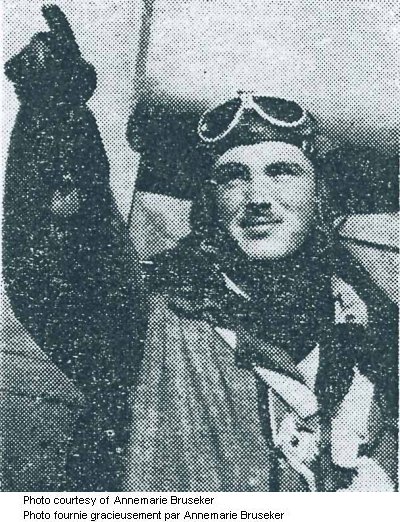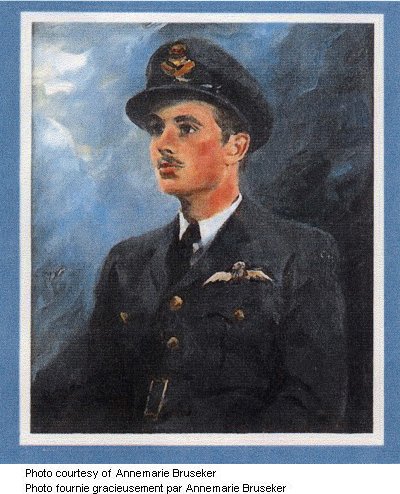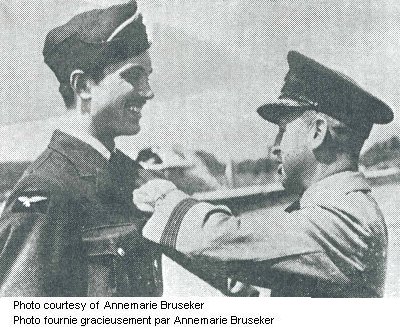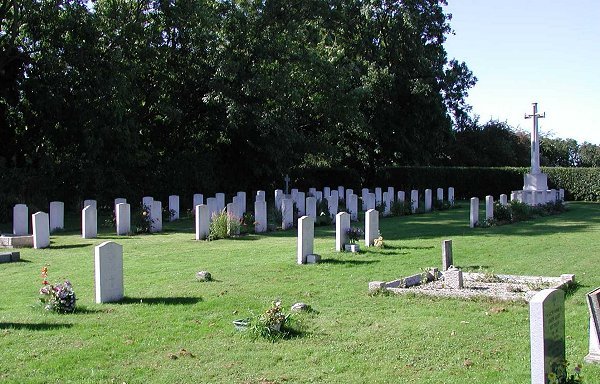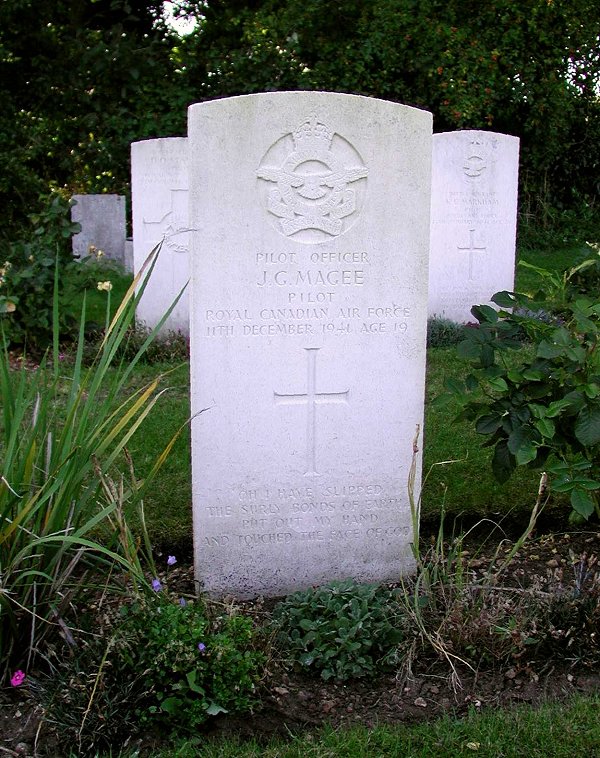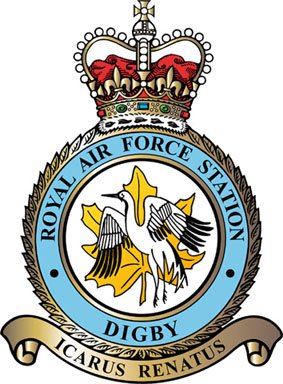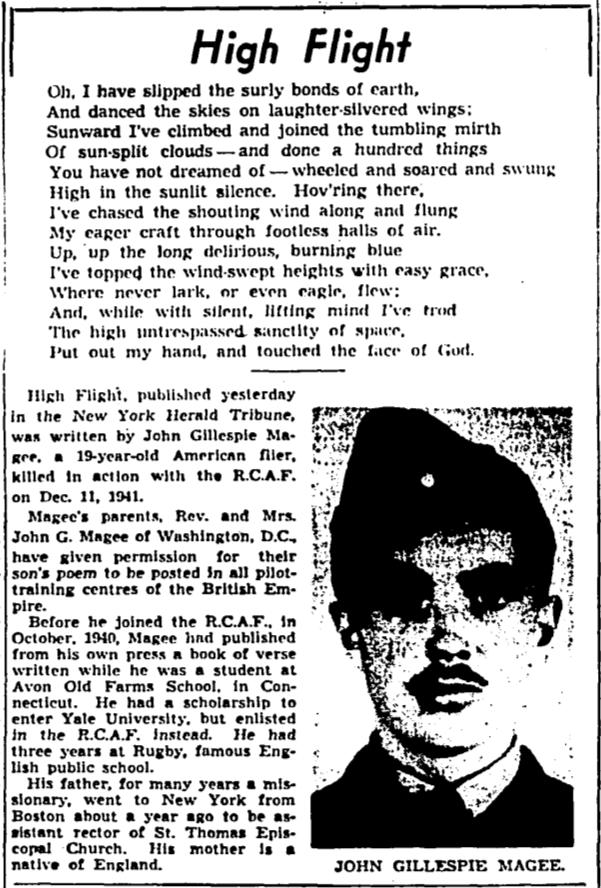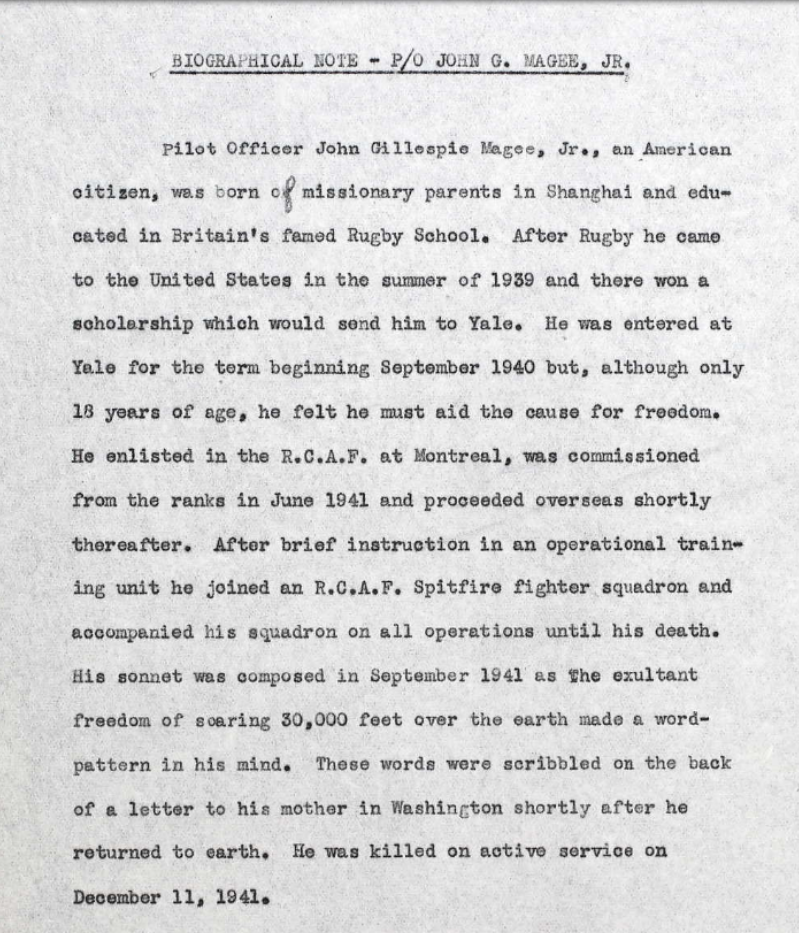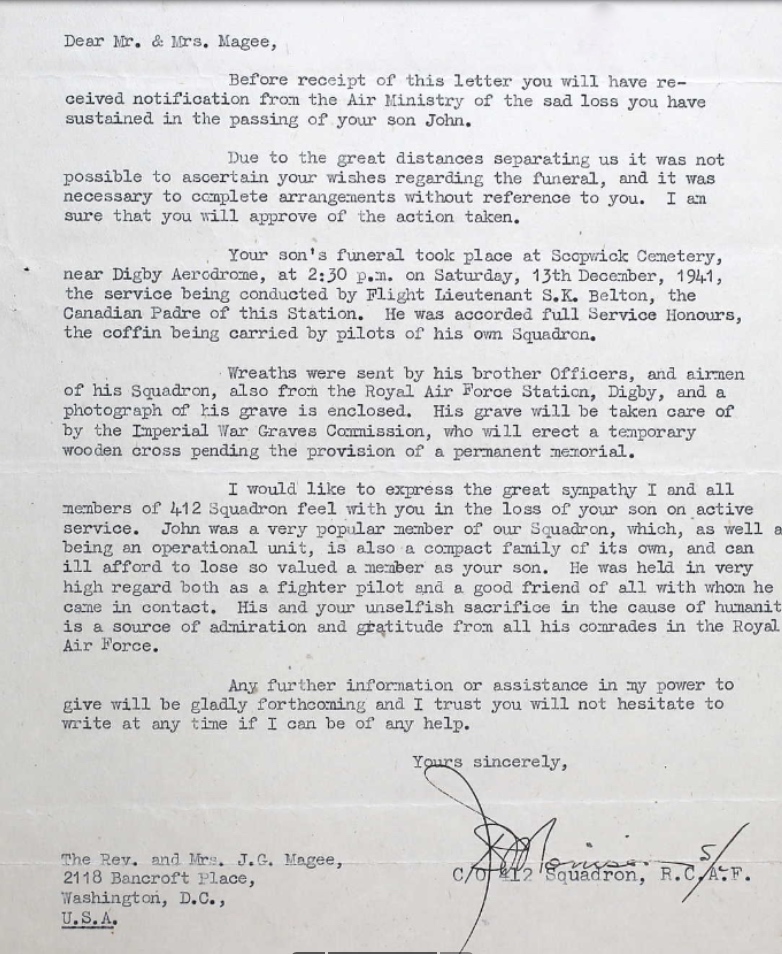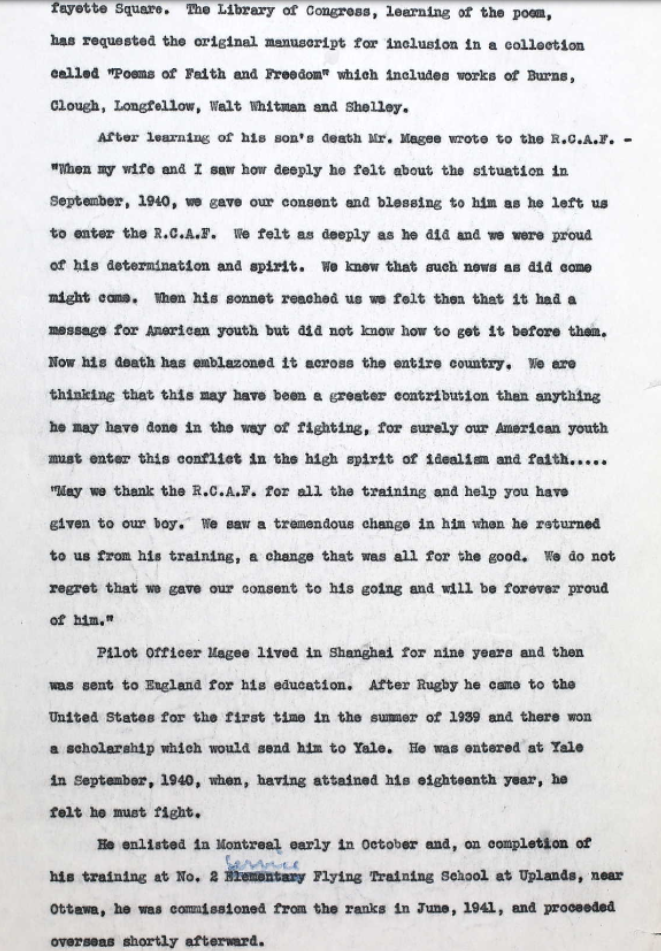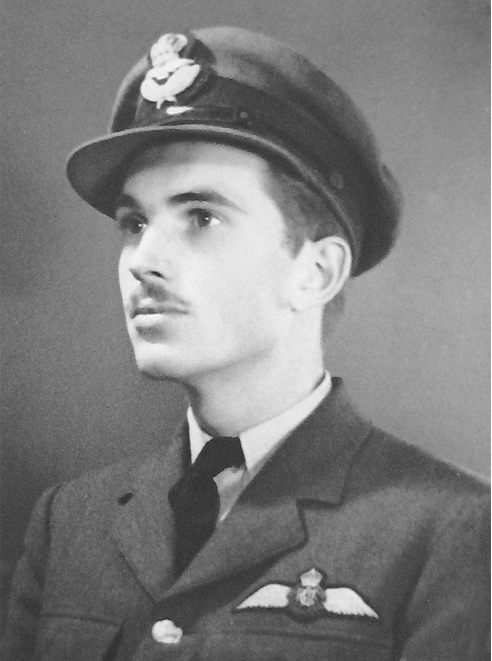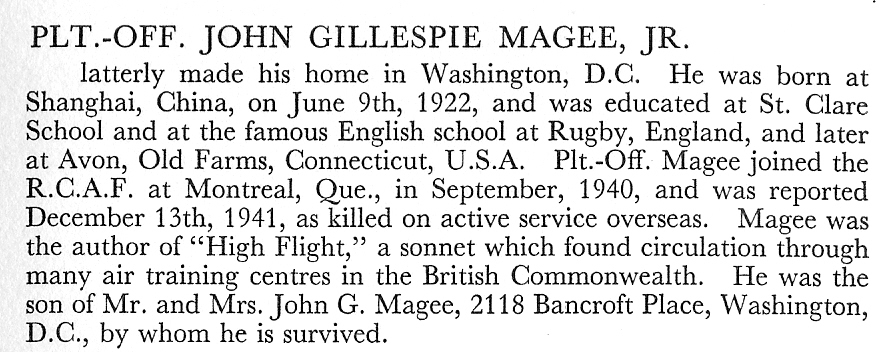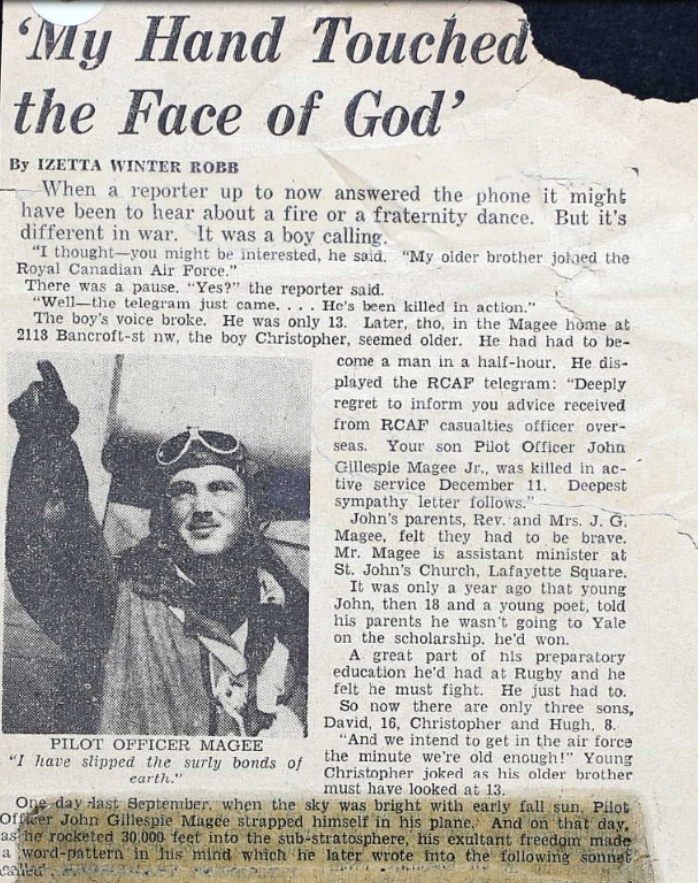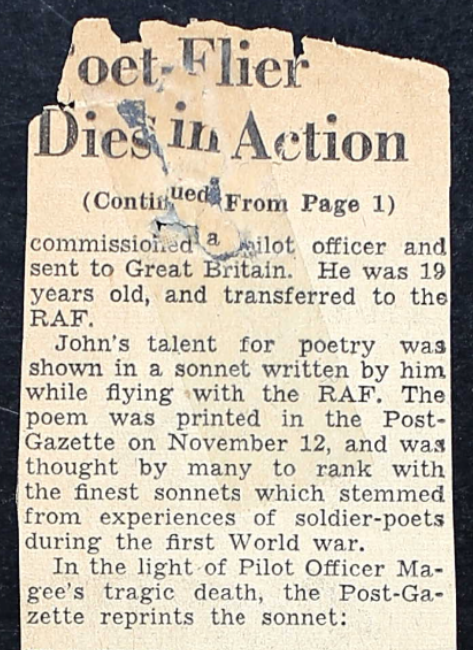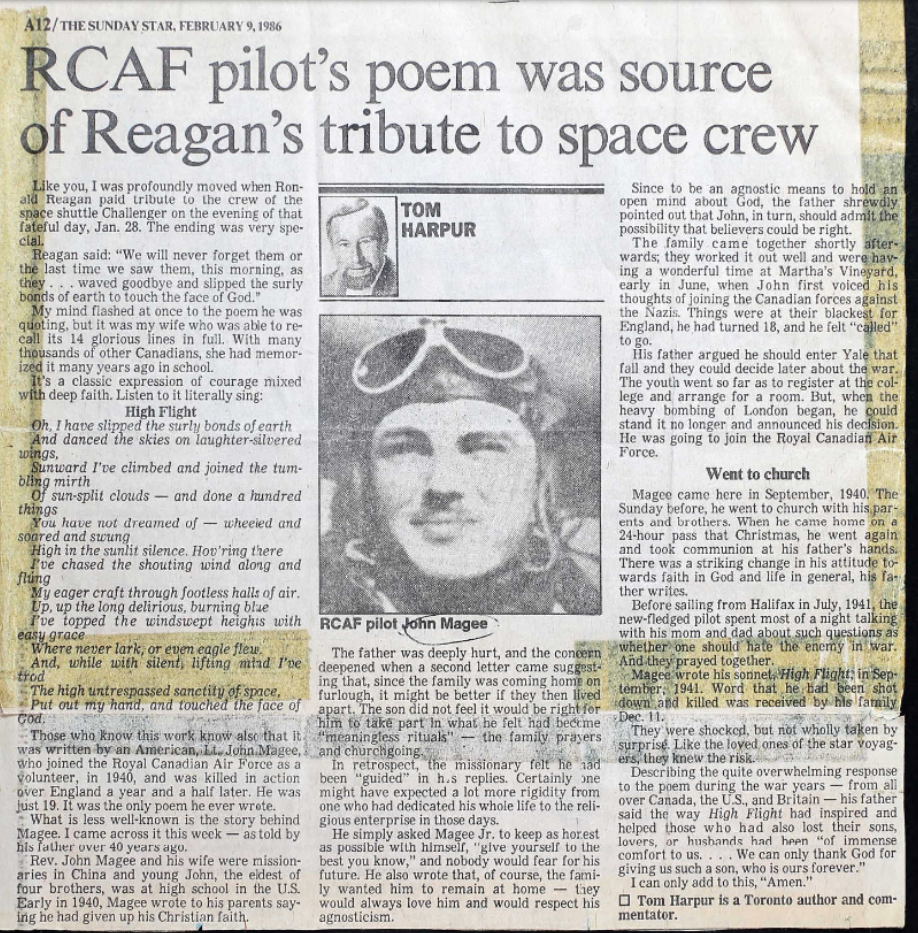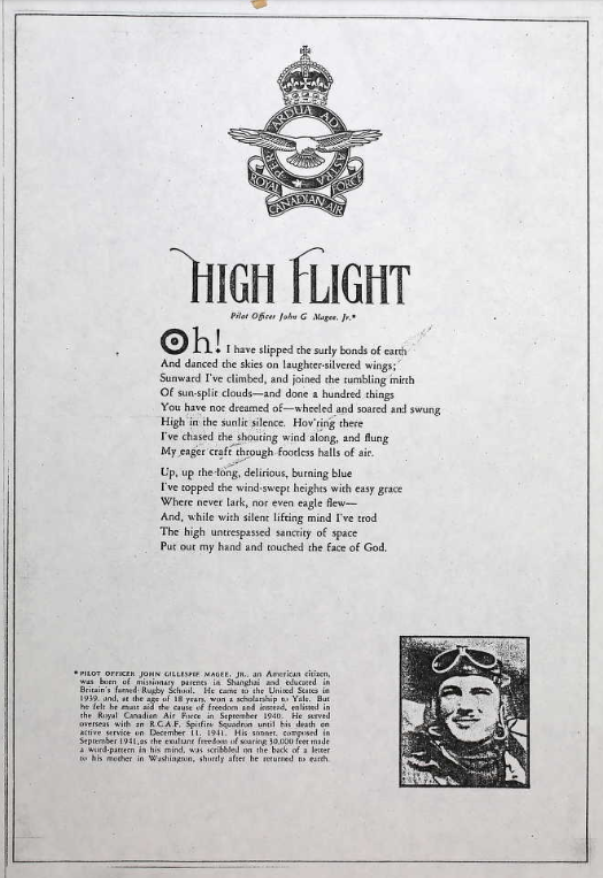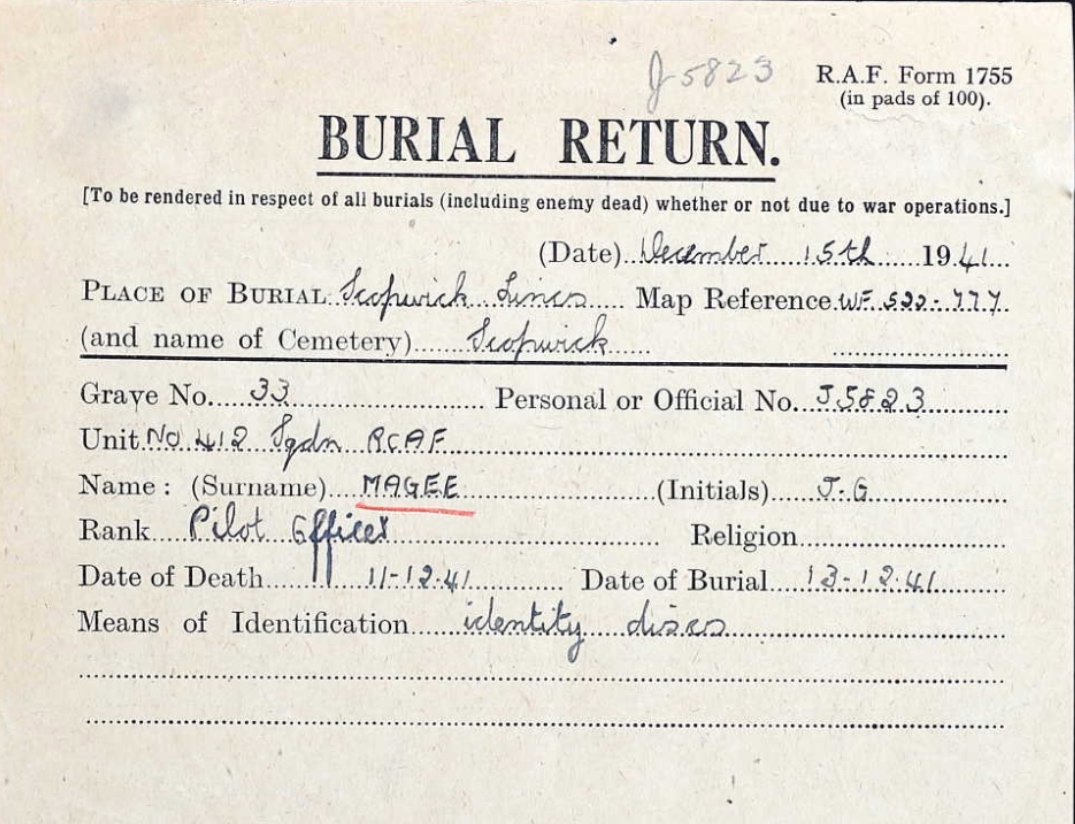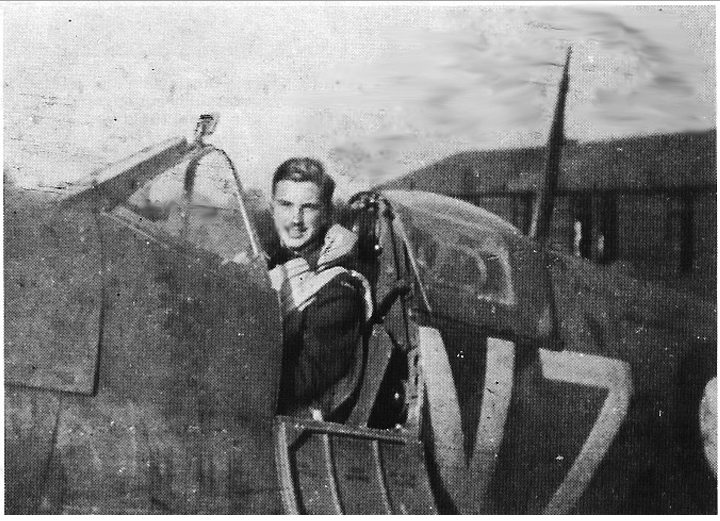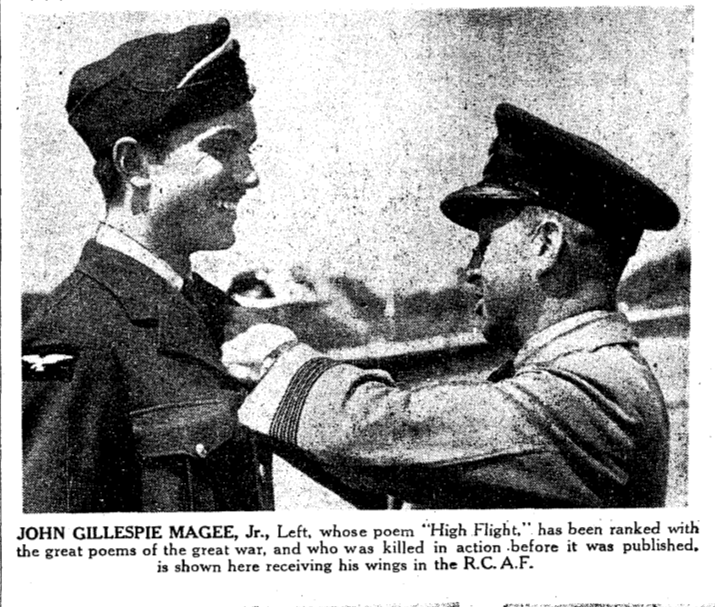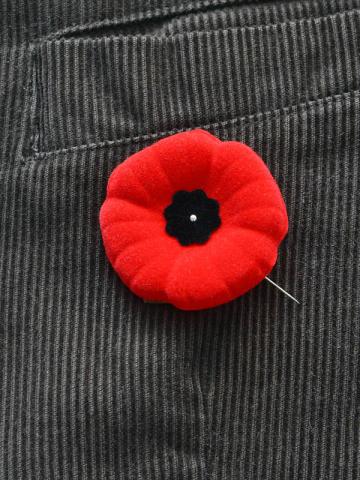
Military service
Burial/memorial information
Son of the Reverend John Gillespie Magee and Faith Backhouse Magee, of Washington, D.C., United States. John began his education at the American School, Nanking (1929-1931). In 1931, he moved with his mother to Britain where he continued his education first at St. Clare's near Walmer, Kent (1931-1935) and then at Rugby School (1935-1939) winning the Rugby School's poetry prize in 1938. In 1939 he moved to the USA to live with his aunt in Pittsburgh and attended Avon Old Farms School in Avon, Connecticut. He earned a scholarship to Yale University, where his father was then a chaplain, in July 1940 but did not enroll, choosing instead to enlist in the Royal Canadian Air Force in October of that year.
In October, 1940, at age 18, John Magee Jr. went to Canada and enrolled in the RCAF. After his flight training, he went back to England as a commissioned pilot officer. In the course of his training in the Spitfire aircraft, he was assigned to make a high altitude flight 'into the stratosphere'. On landing, he went to his quarters and there wrote his now famous sonnet on the back of a letter to his mother
High Flight
Oh! I have slipped the surly bonds of earth
And danced the skies on laughter-silvered wings;
Sunward I've climbed, and joined the tumbling mirth
Of sun-split clouds - and done a hundred things
You have not dreamed of - wheeled and soared and swung
High in the sunlit silence. Hov'ring there,
I've chased the shouting wind along, and flung
My eager craft through footless halls of air...
Up, up the long, delirious, burning blue
I've topped the wind-swept heights with easy grace
Where never lark, or even eagle flew -
And, while with silent lifting mind I've trod
The high untrespassed sanctity of space,
Put out my hand and touched the face of God.
In the Books of Remembrance
Commemorated on:
Page 37 of the Second World War Book of Remembrance.
Request this page
Download this page
SCOPWICK CHURCH BURIAL GROUND Lincolnshire, United Kingdom
Digby aerodrome was built towards the end of the First World War and after the war it functioned as a permanent unit of the Royal Air Force. In 1937 it became a member of No 12 Fighter Group in which it remained until the end of the Second World War.
Digby was one of the original sectors of Fighter Command and in the early days of the Second World War was very active in the defence of northern England. No 42 (Fighter) Squadron Royal Canadian Air Force (known as the Red Indian Squadron from the emblem which it carried) was formed there in April 1942. On September 16, 1942, the sector was taken over by the RCAF and until the end of the war was known as Royal Canadian Air Force Station, Digby.
The 37 Canadian airmen buried at Scopwick lost their lives while stationed at Digby. They include an American airman who served with the RCAF, P/O J G Magee, and author of the poem 'High Flight'.
Scopwick Church Burial Ground contains 50 Commonwealth burials of the Second World War and five German war graves. The graves form a plot in the top half of the burial ground. The Cross of Sacrifice in the corner of the plot was unveiled by the Air Member, Canadian Joint Staff on June 1, 1950.
For more information, visit Commonwealth War Graves Commission.
The Poppy Design is a trademark of The Royal Canadian Legion (Dominion Command) and is used with permission. Click here to learn more about the poppy.
Did we miss something?
Contribute information to this commemorative page
Do you have photographs, information or a correction relating to this individual’s virtual memorial? Learn more about the CVWM and the information we collect.

